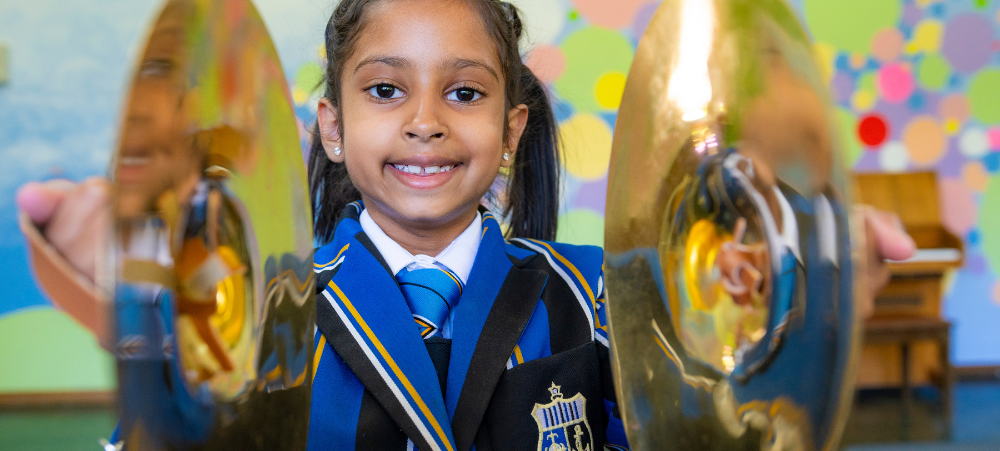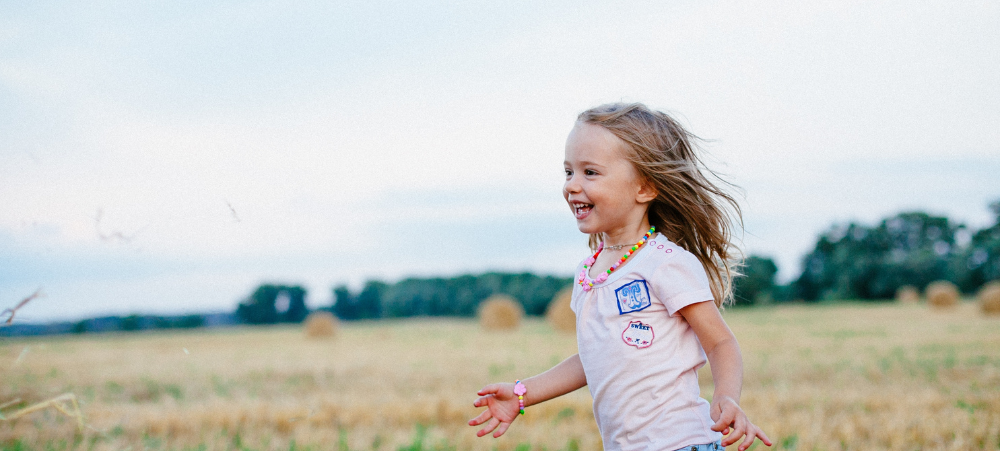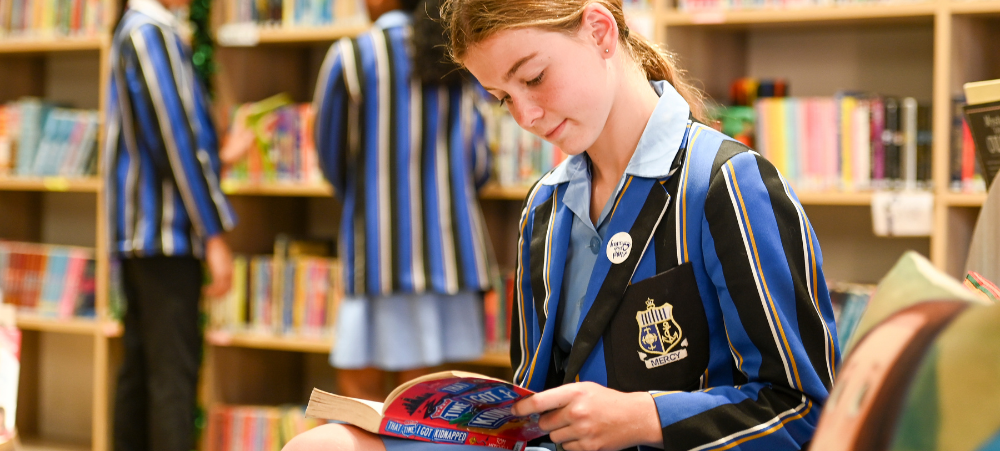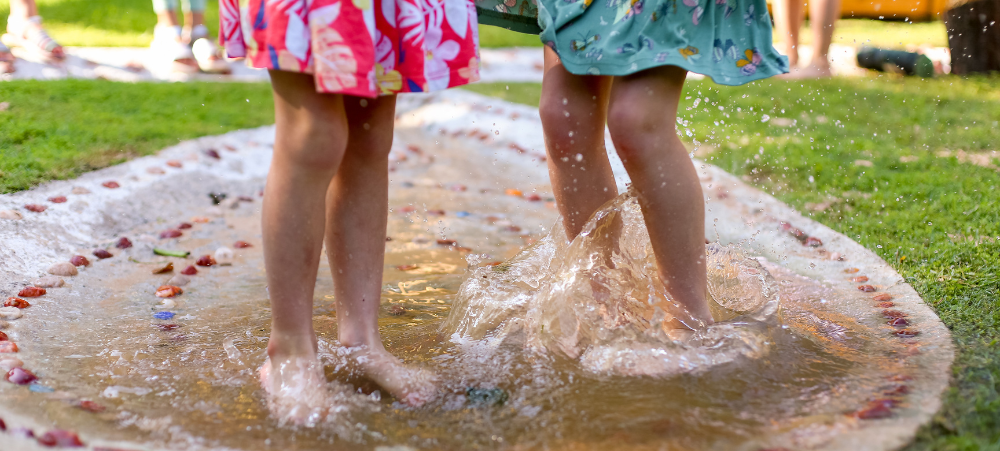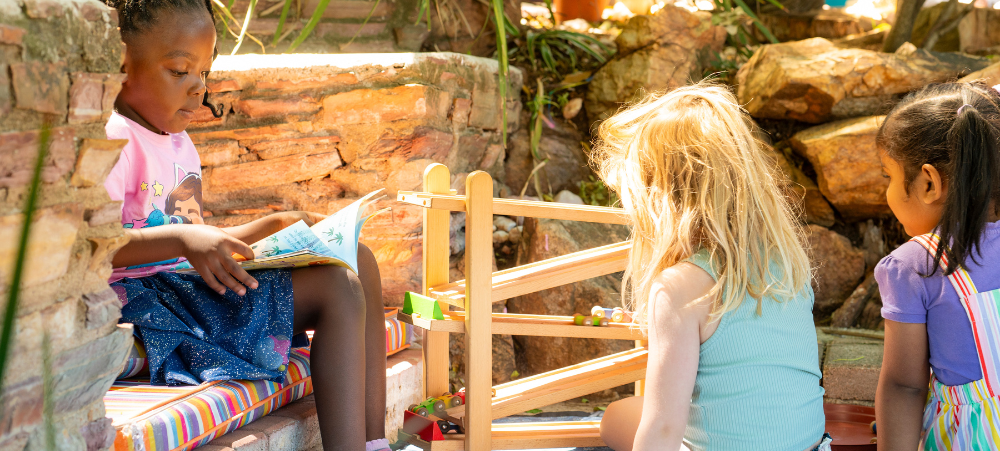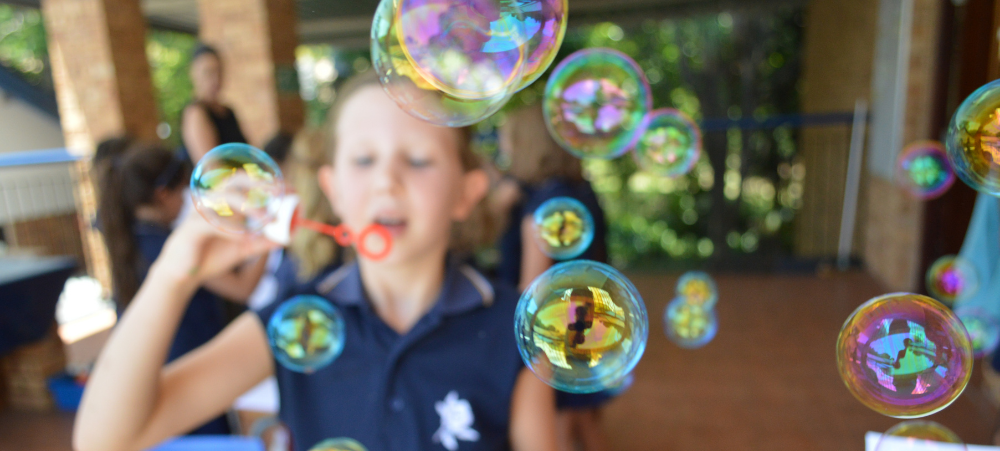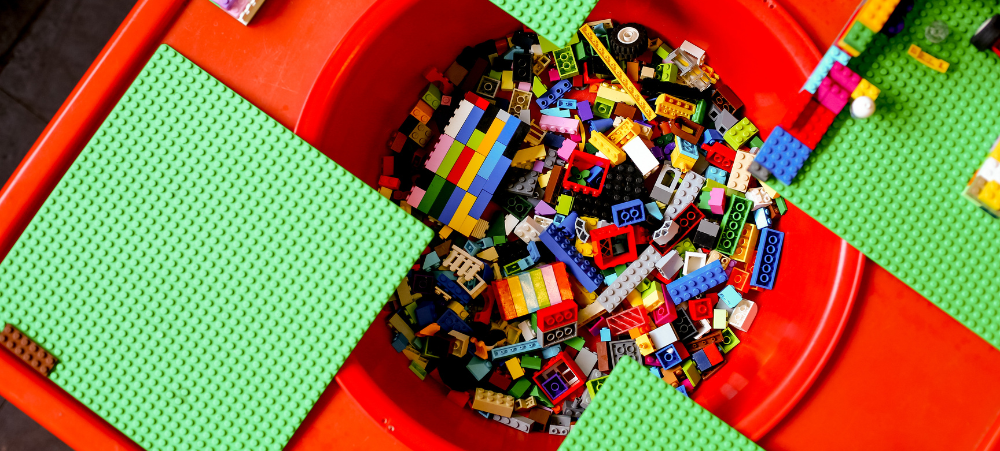
A Parent’s Educational Journey: From Uncertainty to Understanding
As an educator, I’ve spent years helping children learn, grow, and overcome barriers in the classroom. I’ve supported learners through academic struggles, celebrated their milestones, and guided parents through their educational concerns. But nothing quite prepared me for the moment I found myself on the other side of the table, when the concerns were about my child. My journey as a parent navigating the education system began in pre-school, when Occupational Therapy was first recommended for my only son. It started with what felt like a minor concern, something that could be resolved with a few therapy sessions. Like any parent, I wanted to be proactive, so we began Occupational Therapy, attending weekly sessions and putting our trust in the professionals. But as time went on, the journey became far more complex than I had anticipated. In Grade 0, shortly after the school year began, our son was referred to a remedial school. The news hit us like a tidal wave. It felt as though the rug had been pulled out from under us. As both a parent and an educator, I was blindsided and ashamed. How had I not seen the signs? How had I, someone trained to spot developmental and academic concerns in other children, missed them in my own? That question haunted me for a long time. I wrestled with guilt and sadness. I felt like I had failed my child. But amid all the confusion, a wise colleague reminded me of something profoundly simple: “You’re his mother, not his teacher.” And it was true. In my eyes, my child was perfect, brimming with potential, full of joy and personality. I wasn’t looking for signs; I was looking at him. After a few sleepless nights and much soul-searching, I decided to shift my focus from what I had missed to what needed to be done. My husband and I agreed that our son would finish the year at his current school while we began putting the necessary support systems in place. He started Speech Therapy and began seeing an optometrist, who prescribed glasses with added Eye Therapy. Eventually, he was also diagnosed with ADHD and started on medication. I was terrified of the diagnosis, of the unknown, of what all of this meant for his future. But through the fear, a quiet determination began to take root. I reminded myself that I wanted what was best for him, not what looked or felt comfortable for me. I had to let go of preconceived ideas about what a “successful” educational journey looked like and embrace what was right for my child. With the support of medical professionals, family and some truly incredible colleagues, we forged a new path. Our son started Grade 1 at a remedial school with all the recommended interventions in place. There was finally a glimmer of hope, but then, just a few months in, the pandemic hit. Lockdowns, remote learning, isolation. Suddenly, the carefully crafted plan we had relied on seemed to fall apart, and once again, we were thrown into survival mode. That year was incredibly tough. Remote learning for a child who thrives on structure and in-person support was nothing short of a nightmare. As parents, we tried to juggle everything: his emotional well-being, the uncertainty of the pandemic, and the ongoing demands of work and home life. And yet, we pushed through. It wasn’t always graceful, but it was real. It was honest. It was parenting in the trenches. Looking back now, as I watch my son thrive in Grade 6, still at a remedial school, still supported by the tools and interventions put in place years ago, I am overwhelmed with pride. He has blossomed into a confident, articulate and self-aware young man. He’s excelling academically, emotionally and socially. The most important lesson I’ve learned through all of this is one I remind myself of often: this is his journey, not mine. As parents, we often feel the pressure to control, direct, and “fix” our children’s paths. But what I’ve come to understand is that while we are part of their story, we are not the authors. We are their guides, their cheerleaders, their safety nets. Our job is to walk alongside them, not ahead of them, not dragging them behind, but right beside them, holding their hand and whispering, “I believe in you.” To any parent currently facing a similar journey, I offer this heartfelt advice: listen to the professionals. They are trained to see what we, as loving and emotionally involved parents, sometimes cannot. Observe your child closely, their behaviours, reactions, and needs and respond with empathy rather than panic. Trust the process, even when it feels like everything is falling apart. You don’t have to have all the answers; you need to be present, consistent, and willing to adapt. Most importantly, let your child know that they are not alone. Reassure them that they are loved and accepted exactly as they are, and that support is not a sign of weakness but a bridge to becoming the best version of themselves. This journey has changed me, not just as a parent, but as an educator and a person. It has softened my judgments, deepened my compassion, and taught me that success doesn’t always look the way we expect it to. And while there are still bumps along the road, I now see them not as obstacles, but as opportunities to grow together. So to every parent out there navigating the unexpected: buckle up, take a deep breath, hold your child’s hand and enjoy the ride. It’s not always smooth, but it’s yours, and it’s worth every step. Nicole Kruger -St Teresa’s school -Grade 2 Teacher

